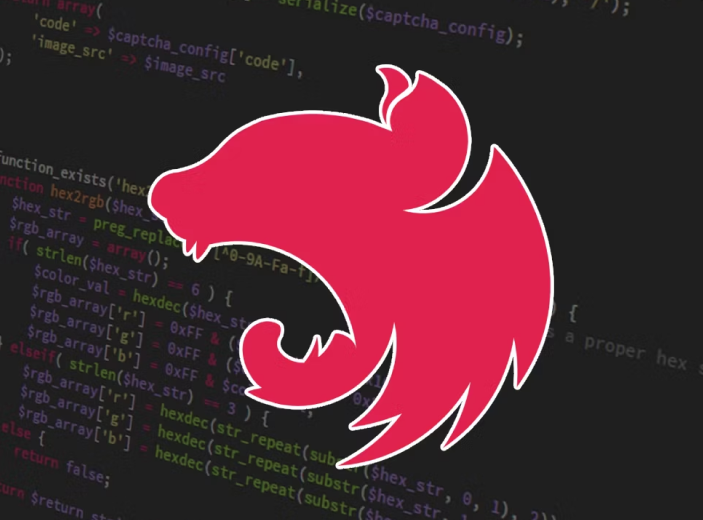Share this article
New technology has fueled the spread of misinformation, but it’s also being used to promote efficiency.
Until just a few years ago, the concept of Artificial Intelligence (AI) still seemed like science fiction to many, but the explosive development of this technology since 2023 has made the use of tools like ChatGPT a common practice for millions of people around the world. This constant interaction with AI has led governments and organizations to devise innovative ways to use it to boost productivity, enhance security, or defend people’s rights. However, at the same time, the ways it can be used to spread disinformation or manipulate voters have also multiplied.

Governments and organizations are leveraging AI to enhance productivity, security, and the protection of rights, but its use in spreading disinformation and electoral manipulation has also increased.
Digital reporters to evade Maduro’s censorship.
“Hello, I am La Chama. And I am El Pana,” begins the introduction video of these two journalists, created by AI, to help combat censorship in Venezuela and report on what is happening in the country while evading the control measures of Nicolás Maduro’s government without endangering the lives of reporters.
It is part of ‘Operation Retweet,’ launched by the Connectas platform and a dozen Venezuelan media outlets, as a way to inform citizens while keeping journalists safe. La Chama and El Pana are the visible faces, but all the information they provide is investigated by accredited journalists.
Venezuelan media outlets have been facing a difficult situation for years, but the context has become critical in recent months — with dozens of news sites being blocked — exacerbated by the electoral context and international doubts about Maduro’s reelection. This reality directly affects journalists: at least eight of them have been arrested in the post-election context, according to the National Union of Press Workers. ‘Operation Retweet’ seeks to prevent situations like these.
Spying on social media to ‘prevent crime’
Another country in the region has also begun to use AI differently, with a controversial initiative focused on security. The Argentine government recently announced the creation of the Applied Artificial Intelligence Security Unit (UIAAS) to ‘prevent, detect, investigate, and pursue crimes and their connections through the use of AI.’ Among its tasks are monitoring social media, applications, and websites to identify crimes and their perpetrators; analyzing activities on social media to detect potential threats and foresee disturbances; and detecting suspicious transactions. The Minister of Security, Patricia Bullrich, stated that the use of AI ‘will significantly improve’ the work of her office and the police, while local experts are divided between those who support the initiative and those who raise concerns about potential risks to data privacy and the bias that AI may have.
More efficient governments and institutions.
Other governments and companies around the world have also set their sights on AI as a way to ‘improve the efficiency of their operations and increase productivity,’ in addition to ‘streamlining administrative procedures to make it easier for people to get answers to basic questions,’ said Darrell West, a member of the Brookings Institution and former director of the organization’s Center for Technology Innovation, to ‘El Mercurio.
One of them is the French government, which announced a few months ago that it will implement an AI program called ‘Albert’ to help authorities quickly respond to the questions of French citizens and automate certain processes, such as tax declarations. In Australia, the authorities of the Victorian state prosecution are using generative AI to create court-ready case notes from detailed police reports, while Taiwan plans to implement this type of technology soon to ‘improve transparency, trust, and national security,’ according to its Digital Minister, Audrey Tang.
The new Labour government in the United Kingdom has also set its sights on AI and is working alongside the Tony Blair Institute to implement the technology in order to automate, according to the organization, more than 40% of the tasks performed by public sector workers and save over $50 billion annually.
Extremist disinformation and electoral impact.
Since the surge in popularity of AI began, disinformation has been viewed as one of the main threats posed by this technology, and recently it has been used by extremist groups to generate unrest among the population. This was evident in the recent anti-immigrant demonstrations in the United Kingdom, which were fueled by AI-generated content on social media.
The disinformation generated by AI has a particularly significant impact in the context of elections, where it can lead to ‘a non-vote from the fearful, a bad vote from the uninvolved, and a potential coup from the fanatics,’ stated Christopher Schwartz, a researcher at the Global Cybersecurity Institute of the Rochester Institute of Technology. He argues that ‘fanatics’ are a comparatively smaller group, so they may not have a large impact in terms of vote counts in elections, but they can influence actions such as the January 6, 2021, Capitol assault.
Precisely in the U.S., there has been massive use of AI to spread disinformation and political propaganda in this presidential campaign, and not just from anonymous accounts, but from well-known figures. One of them is Republican candidate Donald Trump, who recently posted an AI-generated image of Taylor Swift endorsing his candidacy, something she has never done. The former president also shared a fake image of Kamala Harris giving a speech at what appears to be a communist rally. This phenomenon has been amplified by increasingly easy-to-use AI content creation tools, such as the one recently launched by X, which has already been used to generate fake images of Harris and Trump.
Alert in Latin America.
Peru’s National Jury of Elections (JNE) warned over the weekend about the risks of using Artificial Intelligence (AI) in electoral processes in Latin America, as this tool can drive disinformation.
On its fact-checking portal, the entity published an article examining the risks that disinformation driven by AI tools could pose to electoral processes in the region, as well as the alternatives available to society to address this phenomenon.
The text highlights that AI algorithms can be trained to imitate the style and voice of public figures, generate fake images that go viral on social media, and target personalized messages to specific segments of the population.
The article also describes cases where generative AI has been used in recent elections, such as in Argentina and Mexico, through so-called ‘deepfakes,’ as well as the manipulation of photographs—situations that are expected to multiply in upcoming electoral processes.
The JNE emphasized that to achieve trust and credibility in elections in the age of AI, it is important for governments, technology companies, and civil society to act cooperatively to combat manipulation and disinformation.














